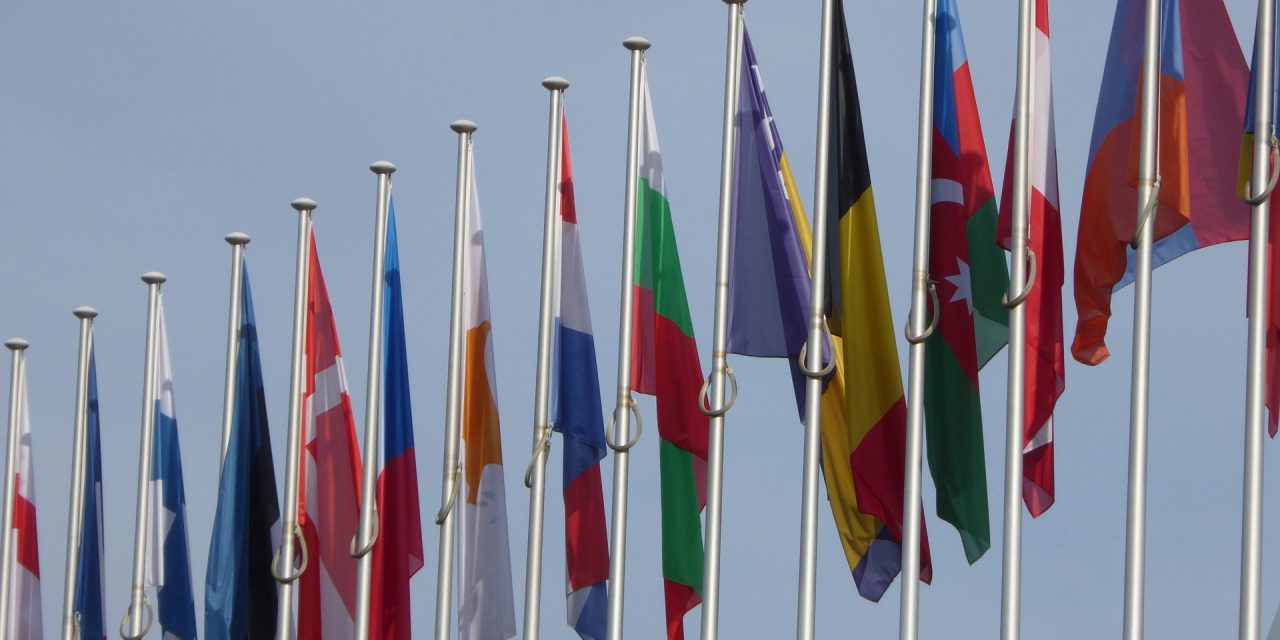Willing to immerse into an Erasmus experience this year? Great! That’s one of the best and most adventurous decisions you will ever make. Erasmus is synonymous with unique experiences, personal growth and developing an international community.
At first, you might feel a bit overwhelmed by the amount of paperwork you have to fill out, you might have doubts about your eligibility to do Erasmus or what to bring to your new home. Don’t be afraid! You are not alone, and we can help.
Because we know that feeling, in this article we’ve answered some of the most frequently asked questions about Erasmus. Let’s start!
How do you prepare for Erasmus?
There are 3 key things you should do before going on Erasmus:
1. Start saving money
Even though the Erasmus grant helps a lot, it would be very helpful to save a bit of money for the first expenses. You probably won’t get the grant the first days you get there, so the more money you save the better. Keep in mind that you will have to pay for your first month of rent (and probably a deposit), transport tickets and food!
2. Learn about the culture
This step is very useful to avoid any kind of cultural shock. Doing wide research about curious facts of the country you’re staying in will help you get rid of some unnecessary stress. If you discover that there’s something you won’t be able to find in your host city, make sure to add it in your luggage.
3. Take a language course
If you don’t have a basic knowledge of the language, it is very recommended to take a basic language course. This way, it would be much easier for you to talk with professors, do your shopping or even ask for directions. It’s true that during your stay you’ll learn a lot more, but you don’t want to start your experience having a lot of unexpected confusions, right?


Is Erasmus only for European students?
Students must be part of “the eligible countries”. These eligible countries can be divided into two different groups: Programme countries and Partner countries.
Programme countries
The Erasmus Programme is open to all members of the EU (also the UK until the end of 2020), the EFTA-EEA members (Norway, Liechtenstein and Iceland) and the EU candidate countries (North Macedonia and Turkey). Students in these countries are eligible for all actions of Erasmus+.
Partner countries
This group of countries can only take part in some actions of the Erasmus+ programme and are subject to specific conditions.
Furthermore, participants belonging to these “partner countries” may need a visa to stay in the host country during their residence.
Who is eligible for Erasmus?
If you want to participate in the Erasmus programme, you must be registered at a higher education institution and be doing a recognised bachelor’s degree, a master’s degree or a doctorate. In addition, your institution must hold the Erasmus Charter of Higher Education and be part of an eligible country, as we mentioned before.
Keep in mind that there are also language requirements. A lot of universities in the programme offer courses in English but, it is normal that courses are taught in the native language of the country. If you want to apply for these courses, you might be required to demonstrate that you have some sort of knowledge of the language or even a certificate (B2 certificate, experience of formal study in that language, etc).

How much Erasmus grant will I get?
You will receive an Erasmus grant to cover your travel and subsistence costs during your mobility period. That grant can vary depending on different aspects such as the living cost in the destination country, the distance from your home country and the number of students applying for the grant.
The level of funding may differ from one period to another and it is generally determined by the National Agency in your country and your institution (University). Moreover, the Erasmus students don’t need to pay for tuition and most university fees (registration, examinations or library access).
Do you have to pay back Erasmus grant?
You would have to pay back your grant if you don’t pass a specific number of academic credits in your host university. It depends by university but, in general, every institution set a minimum ECTS credits.
The best thing to do is to verify it by reading your Erasmus Agreement or asking to the responsible person in your international relations office. For example, in some Universities, you’ll have to return your grant if you pass less than 6 ECTS per semester whereas in others you will have to pass a minimum of 20 ECTS to not have to reimburse it.

About Brexit
There is nothing clear yet about what is going to happen with the deal between UK and EU after the Brexit. The participation of the UK in future Erasmus programmes will depend on the final decisions of the negotiations between both parts.
However, the UK will continue participating in the current 2014-2020 Erasmus+ until the closure of the 2014-2020 programme.
What should I bring to Erasmus?
We have created a fantastic checklist so you don’t forget the essential things every student should bring to Uni when moving abroad. Check it out here (you can also download it in PDF)
If you don’t know how to bring all your luggage or you think you won’t have enough space in your suitcase for all your stuff, we’ve got you covered! My Baggage offers a hassle-free service perfect for students moving abroad.
You just have to take a quick quote and wait for the driver to collect your baggage at your door. We will then deliver it to you at your destination address within a couple of days. No matter where you want to go, we ship to over 200 countries worldwide. Get a quick quote here:




